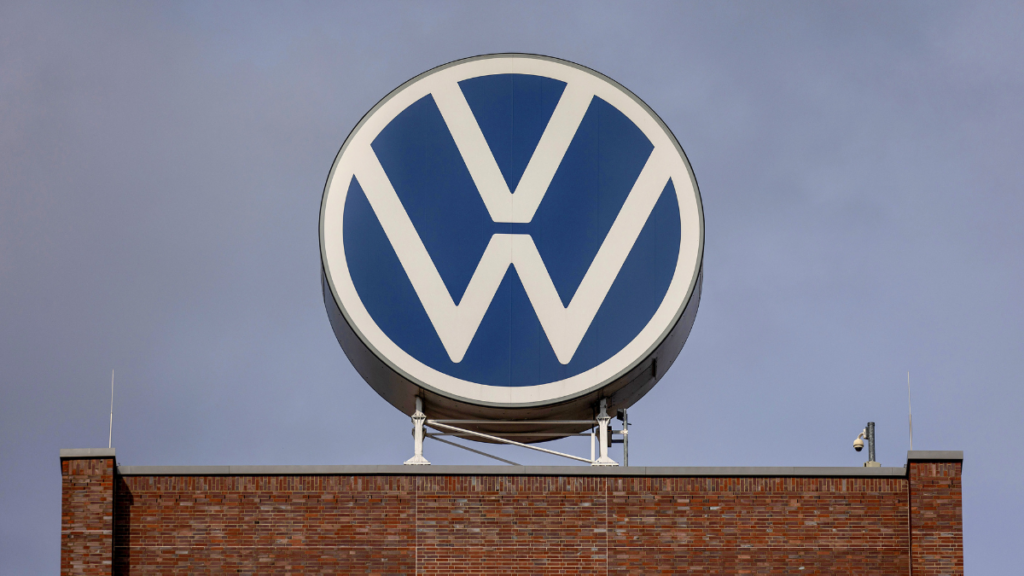Volkswagen AG and Isuzu Motors Ltd. have expressed doubts about South Africa’s ambitious plans to kick-start its electric and hydrogen-powered vehicle industries. Despite government incentives like a 150% tax deduction on investment in EV facilities, both automakers plan to stick with internal combustion engines, citing strong local and African market demand for traditional vehicles over the next 20 to 50 years. South Africa’s automotive industry, heavily reliant on exports to the EU, faces a future with decreasing demand for diesel and gasoline vehicles, but with a weak domestic market for new-energy vehicles and limited infrastructure, the transition seems unlikely soon. This reluctance underscores the challenges in pivoting to greener technologies in developing markets.
Sign up for your early morning brew of the BizNews Insider to keep you up to speed with the content that matters. The newsletter will land in your inbox at 5:30am weekdays. Register here.
By Antony Sguazzin
Volkswagen AG and Isuzu Motors Ltd. have expressed skepticism about South Africa’s plans to develop electric and hydrogen-powered vehicle industries.
While the government in February announced that automakers will be allowed to claim a 150% tax deduction on investment in facilities to make the vehicles, the local heads of both companies said they’ll stay focused on internal combustion engine vehicles.
The country’s automotive industry, which accounted for more than 271 billion rand ($14.5 billion) in exports last year, is currently dependent on shipments to the European Union where legislation is expected to gradually reduce demand for vehicles that run on diesel and gasoline.
“They won’t call on us to make battery electric vehicles here” as there is enough capacity in Europe and transport costs would be lower, Martina Biene, chairwoman and managing director of Volkswagen South Africa, said at a conference in Gqeberha, close to her company’s 165,000 vehicle-per-year factory in the country. “We are not in the long run the exporter to Europe anymore.”
Instead, she said the company is likely to focus on selling fuel-powered cars locally and to other markets in Africa.
That position was echoed by Billy Tom, the chief executive officer of Isuzu’s South African unit.
Read more: BHI Ponzi: Michael Haldane and Sona Pillay granted bail
“We mustn’t rush and let go what we have,” he said, adding that he expects internal combustion engine vehicles to dominate African demand for the next 20 to 50 years. “I don’t see big growth in Africa” for so-called new-energy vehicles, he said.
Biene is also president of the African Association of Automotive Manufacturers while Tom is president of South Africa’s National Association of Automotive Component and Allied Manufacturers.
South Africa has also done little to develop a domestic market for the vehicles, the executives said.
The country has a poorly developed network of electric charging stations and imposes a 25% tax on electric vehicle imports, while some traditional cars don’t attract any levy.
Last year just 7,700 new energy vehicles were sold in South Africa, with 85% of those being hybrids, according to Tom. Total new vehicle sales in the year amounted to 532,000 and just under 400,000 were exported.
Still, Mike Whitfield, the managing director of Stellantis NV’s South African unit, said the company’s first South African factory, which is due to start up by the end of next year, may in the future produce new energy vehicles.
Both Biene and Tom stressed the potential of the African market ,with between three and five million second-hand vehicles imported into the continent annually. Those, they said, could be replaced by new vehicles that would be cheaper and cleaner to run.
Read also
Gold is at record levels – what now?
SA’s unity government talks: Navigating contradictions for stability
Rob Hersov: A roadmap for South Africa, what our country needs
© 2024 Bloomberg L.P.
>>> Read full article>>>
Copyright for syndicated content belongs to the linked Source : BizNews – https://www.biznews.com/motoring/2024/06/11/vw-isuzu-sa-ev-push
